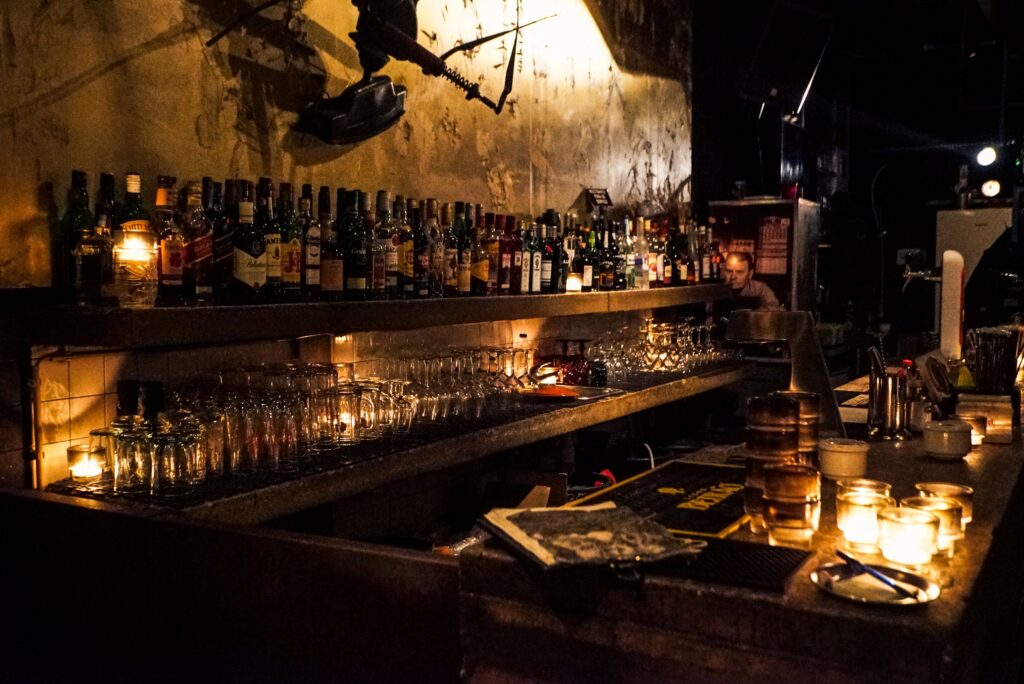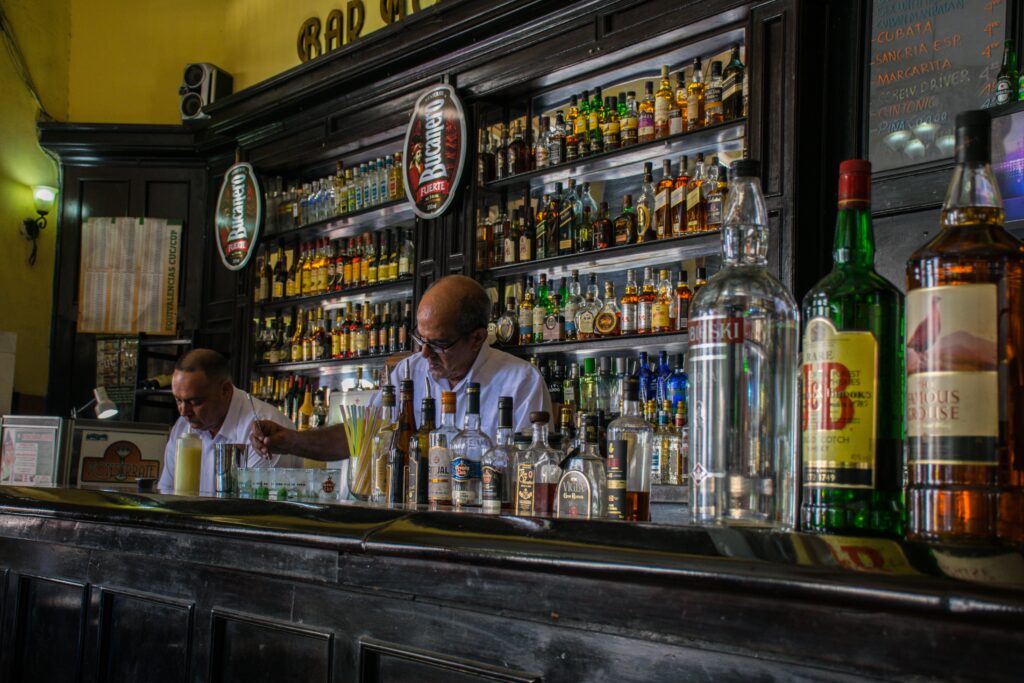Beverage CRM
A CRM must have 3 large blocks such as sales, marketing and customer service, without these 3 modules the CRM solution cannot be called. In the market there are many that call themselves CRM, but really lack any of these three being lame tools that over time organizations will miss these features.
In this article I will talk about CRMS within the beverage sector, since it is a sector in which many salespeople in Spain work in the different products that make up the sector, from beers, coffees, spirits, wines, soft drinks and waters, which depending on Whoever the client is, bar, restaurant (Horeca channel) or distribution, since depending on this circumstance it must have a series of functionalities that will be essential for the work of the sales, marketing and quality team to be effective.
Modules of a beverage CRM
If we start with the sales area, the essential modules that a CRM must have are the following:
Order module
Features must be included so that the salesperson can place orders quickly and agilely, since it is a sector where a salesperson can make between 30 and 40 orders per day, so it is essential to have tools such as the basket , where you can see a history of ordered products and place the order on them where you can see the number of units purchased, discounts, prices and stock.
Within this module there are other subfunctions such as recurring orders, different types of stocks, transfer orders (orders made through a third party that carries out the logistics process).
Promotions
Within the sector, one of the fundamental sections is to establish a tool that helps to create promotions of any kind, whether they are price, discount, combined consumption or any of the above combined with each other, these same promotions should be associated with orders .
Trademarketing
It is a fundamental functionality since it is a sector in which the management of samples and plvs is fundamental since manufacturers usually provide distributors so that they can use them as a claim or enter premises where they have not yet been able to enter.
Agreements or forms
The agreements are when a customer agrees on sales volumes that if they reach them, they will have greater discounts or contributions of samples, materials or money, normally there are two types of agreements, one with the horeca sector and another with the distribution sector. , the operation is similar, but it is different, especially since in a large area more variables enter in relation to the distribution of the product.
Order module
Features must be included so that the salesperson can place orders quickly and agilely, since it is a sector where a salesperson can make between 30 and 40 orders per day, so it is essential to have tools such as the basket , where you can see a history of ordered products and place the order on them where you can see the number of units purchased, discounts, prices and stock.
Within this module there are other subfunctions such as recurring orders, different types of stocks, transfer orders (orders made through a third party that carries out the logistics process).
Indirect customers
This function is essential for those companies that are manufacturers and sell their products through distributors. In the end, the indirect client is the client of my distributor where its location as well as controlling any interaction with it is essential since there may be a change of distribution and that helps to not lose contact with the end customer.
Plan or route, is a tool where salespeople can create routes determining the frequency and which customers would be part of that route using geographic criteria, purchase volume, billing alarms.
Price comparator
Finally, you can include a comparator that tells me the price of my products or the competition in the main internet sales portals, of these have more value for those products of greater economic value.
All these modules are essential for the sales sector to have all the tools to be able to carry out daily functions, obviously not everyone should have all these modules since it will depend exactly if it is a pre-sales or a sale or they work as clients of the horeca channel or the distribution.
Marketing in a CRM for the beverage sector
Marketing area, within this area the fundamental module is the management of the campaigns, which is within a temporary period to determine what tasks have to be done, what costs we assign and to which clients they are assigned, for from there they are already actions , opportunities, orders, etc… can be associated to the campaign and then from obtaining statistics on the effectiveness of the campaign.
Then, from there, campaigns can be carried out in different ways, such as mailings, massive mailings, or telesales from where, with the integration with telephone switchboards, massive calls can be made.
More features can be included within the campaigns, such as integration with social networks, integration with mailchimp, etc.

Customer service with a CRM for beverages

Quality area or customer service, it will take control of the incidents that customers communicate to us, these incidents will have to be managed until they are resolved.
The communication of incidents can be entered via the web, emails, sms, or through the client portal, which will be where they will be recorded and distributed depending on the personnel structure.
In the end, as we have seen, taking these 3 large blocks into account, a work methodology will be achieved that will lead the company to success.
